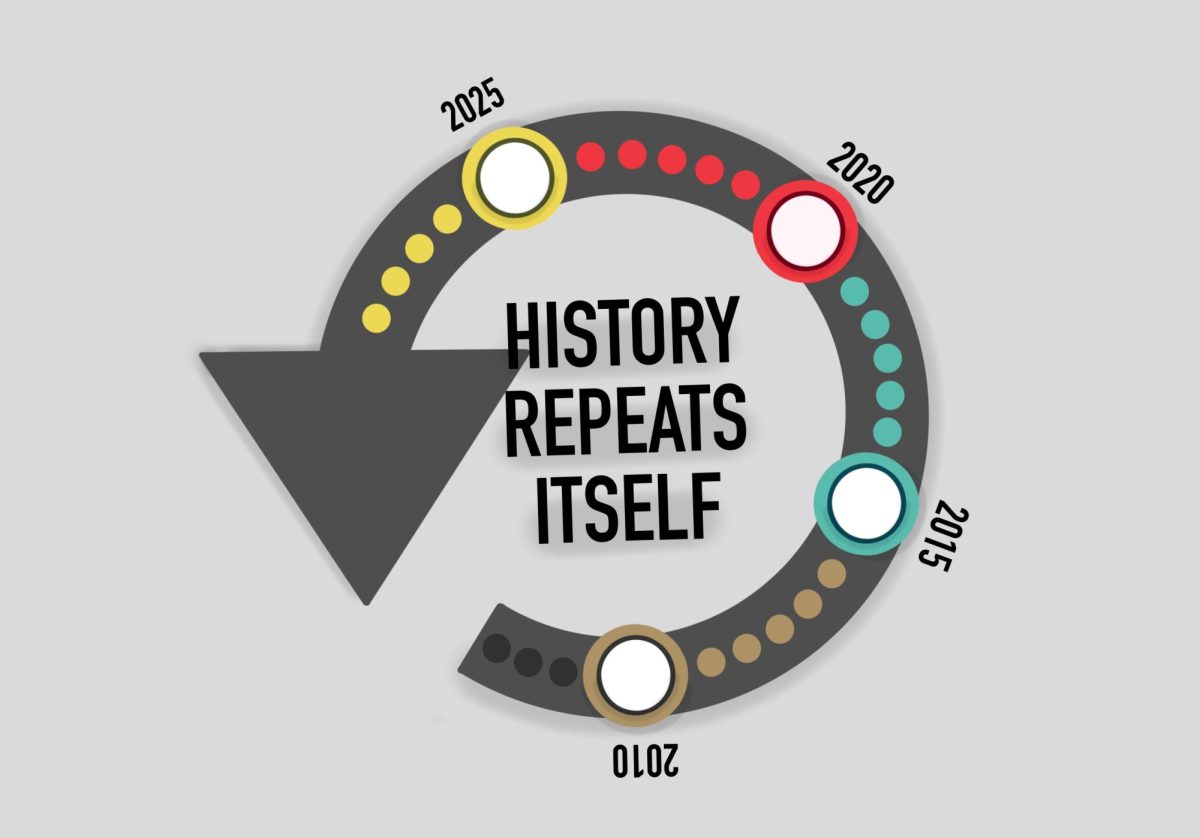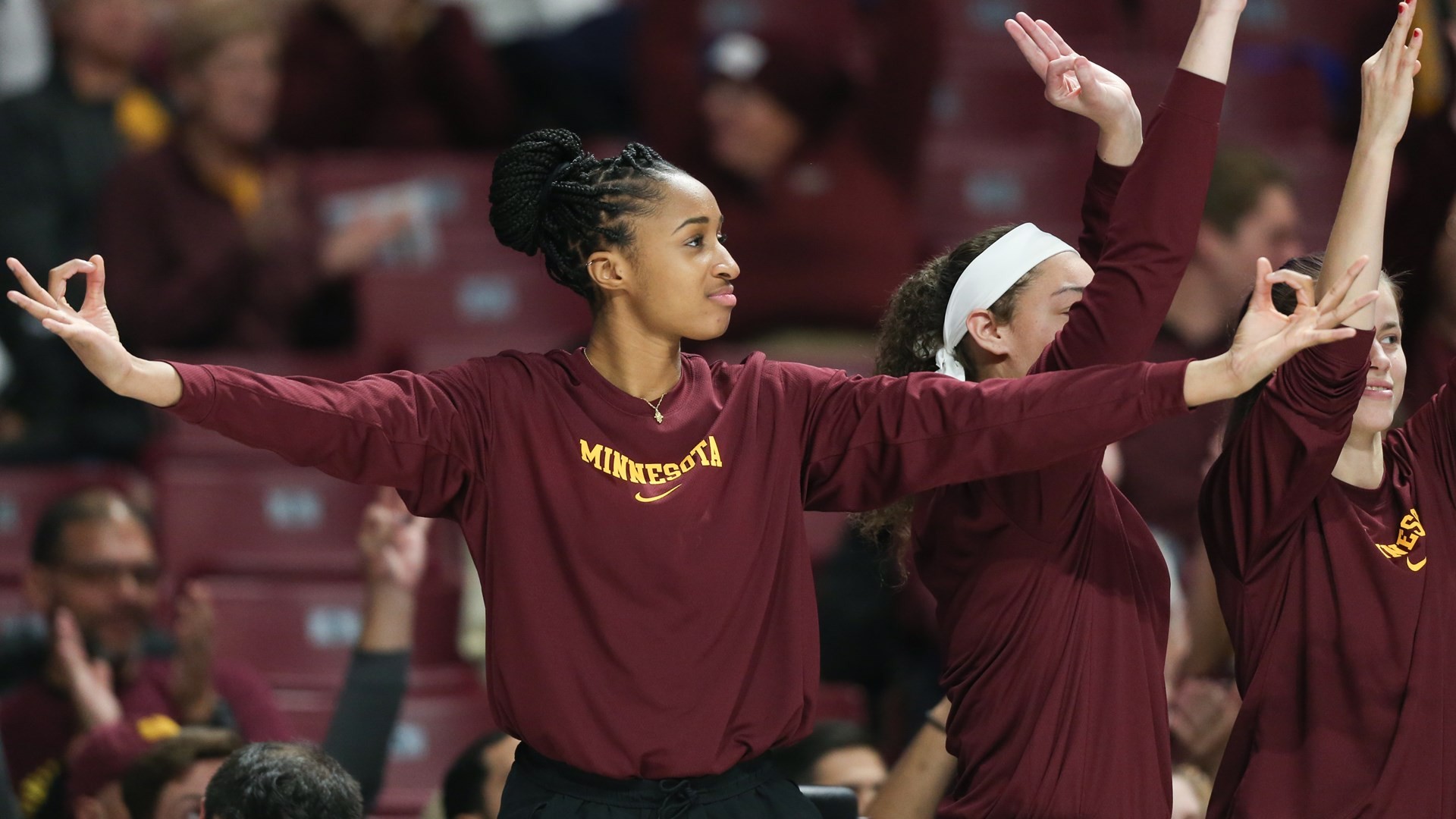As an incoming third-year, I spend a lot of time thinking about the future, whether that means going to graduate school or starting a career or something else. That said, I had not really thought about the fact that college is halfway over until one recent high school graduate asked me if I had any college advice for him. I hesitated for a moment. Who am I to say? But as I let his question sink in, I realized how much we all learn in that pivotal first half of college. For many of us, it was our first time living alone, and, obviously, there was quite a bit to navigate. During the couple weeks that followed him asking this question, I compiled some of the biggest lessons I learned about college into a little list.
School
Let’s get the boring stuff out of the way.
My first school tip is probably the most important academic lesson I have ever learned: you should probably start taking notes, and if you do not know what to take notes on, take them on everything. I found that, after four years of basically note-free highschool, I had no idea how to do it. When I went to study for my first PSY 1001 test, I had taken lecture notes nearly word for word like a stenographer; nonetheless, I did well on the test.
During my first semester of college, I workshopped different forms of note taking until I found one that worked for me, and then I never stopped.
Another practice that has helped me stay focused in class is always picking a front-row seat (or turning on the Zoom camera in online classes). For fear of sounding like a square or a teacher’s pet, I have to say I do this to keep myself focused, not to gain any brownie points with a professor (some will at least remember your face because you sit in the front of the class, while some will never think twice about it). It always astounded me how many kids were on their phones in college classes, which was impossible at my small highschool. If you are worried about doing this, just sit in front of the class (odds are you are paying a decent chunk of cash to be here, might as well pay attention).
Finally, I would say that you should get comfortable with shifting your long-term academic goals. I feel like everyone tells us this at orientation and welcome week, but few of us actually internalize it. Throughout life, most of us have switched up our answer to what we want to be when we grow up quite a bit, and that tendency does not change just because you start your college path. Follow your current interests, and trust what they tell you. Projecting into the future is a tricky game, but finding, and then doing, something that interests you or makes for fulfilling work may make it a little easier.
Social
I am not sure what the world has told you about who is in your group and who is not, but college is the time to figure that out for yourself. It is time to define for yourself what puts someone in your “in-group” and what puts them in your “out-group.” Make sure that you know what you really value in people, then surround yourself with that type of person; design your social circle with intention, based on your own values. Additionally, try your best to make your out-group (those you see as fundamentally different from you and your peers) as small as possible.
Furthermore, when you have started to make these new friends, you may feel some anxiety about how you present yourself to them. My advice is, of course, to be yourself. I add that not only is it just more relaxing, but my theory is that it will actually help you find friends that you will relate to more. If you show someone your true self and they do not like it, that is fine, because you probably do not want to spend much time around them either: you probably have different ideas of what you want your friendships to look like.
Self
With all of the life shifts that happen when you start college (especially if you live in dorms), it is very easy to have a mind that runs a mile a minute monitoring your homework, your new friendships, extracurriculars; it may get exhausting. My advice is to understand when you should listen to and trust yourself, and when you may need to take a breath. I found myself in the habit of over-planning to the point where I could not even think straight about what I needed and wanted to get done. When something like this would start to happen, I found it was best to just turn my brain off and relax: these were just not times to trust myself. Learning when to take a breather is important; pay attention to your stress levels and how they affect your behavior.
Lastly, one of the most important things I have learned in my personal life since starting college is to figure out how fear determines your actions. This is a broad statement, I know (a little vague, too). Really what I mean is that sometimes, especially in unfamiliar situations, we can make decisions based on unfounded fear or worry. For example, early in my college career I missed opportunities to connect with people because I was worried about how to present myself to them. Should I have worried? According to my own paragraph about being yourself, no. The power of fear or worry is not anything that we can completely rid ourselves of; it will always play some sort of a role. However, my advice is to pay attention to those hesitations. Ask yourself: are you scared of something? Should you be?
A lot changes day to day during that transition to college life. Everyone is going to learn different, sometimes conflicting lessons based on the challenges they encounter in that transition. These are some of mine. When I get the advice question, I clearly have a little repository to reach into, but my overarching advice is always be ready for a surprise. College will never be what you think it will be. In all parts of life (for me school, social, and self) do your best to prepare for what you can, and accept what you cannot predict; uncertainty can be pretty exciting.


















